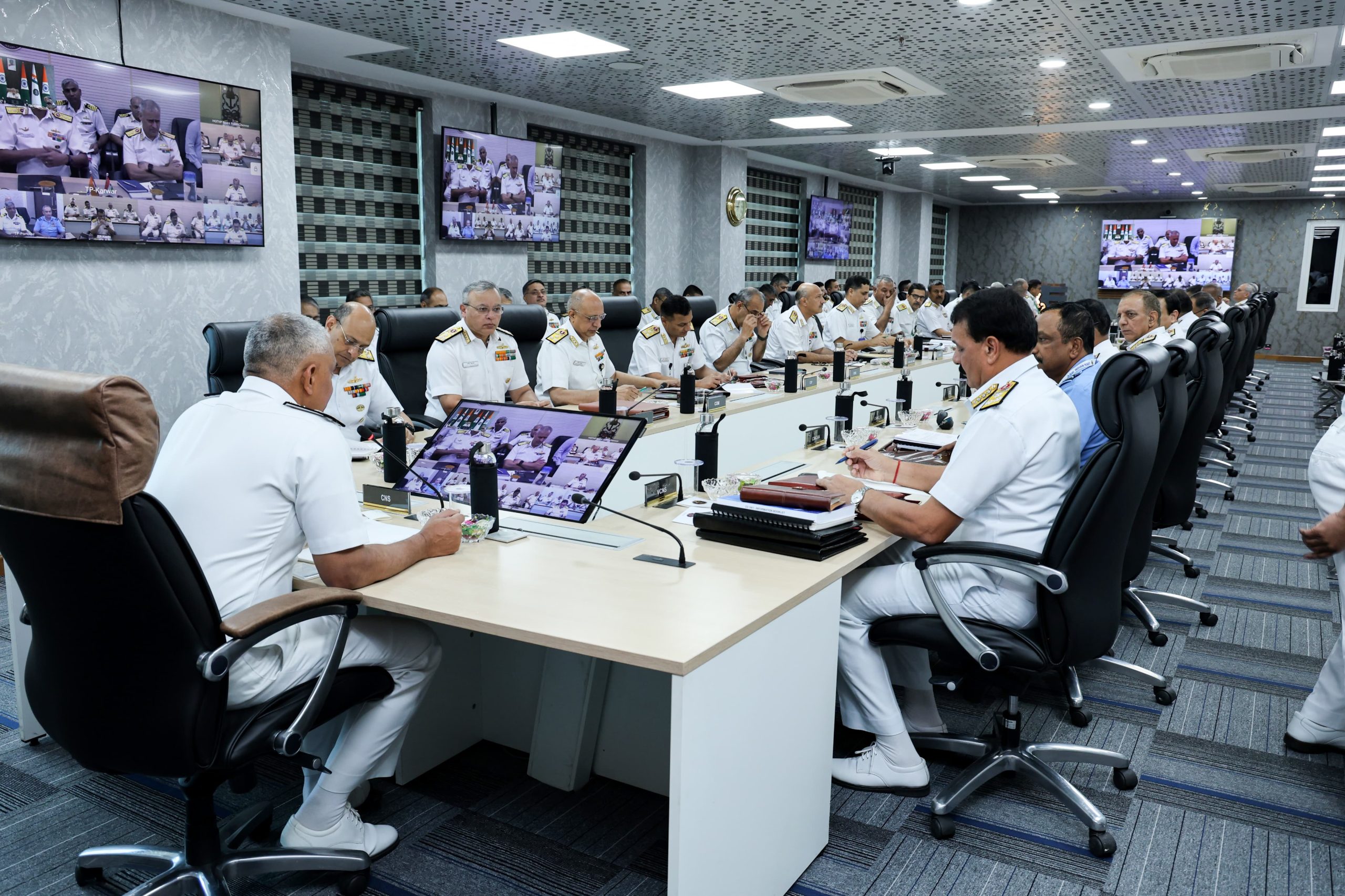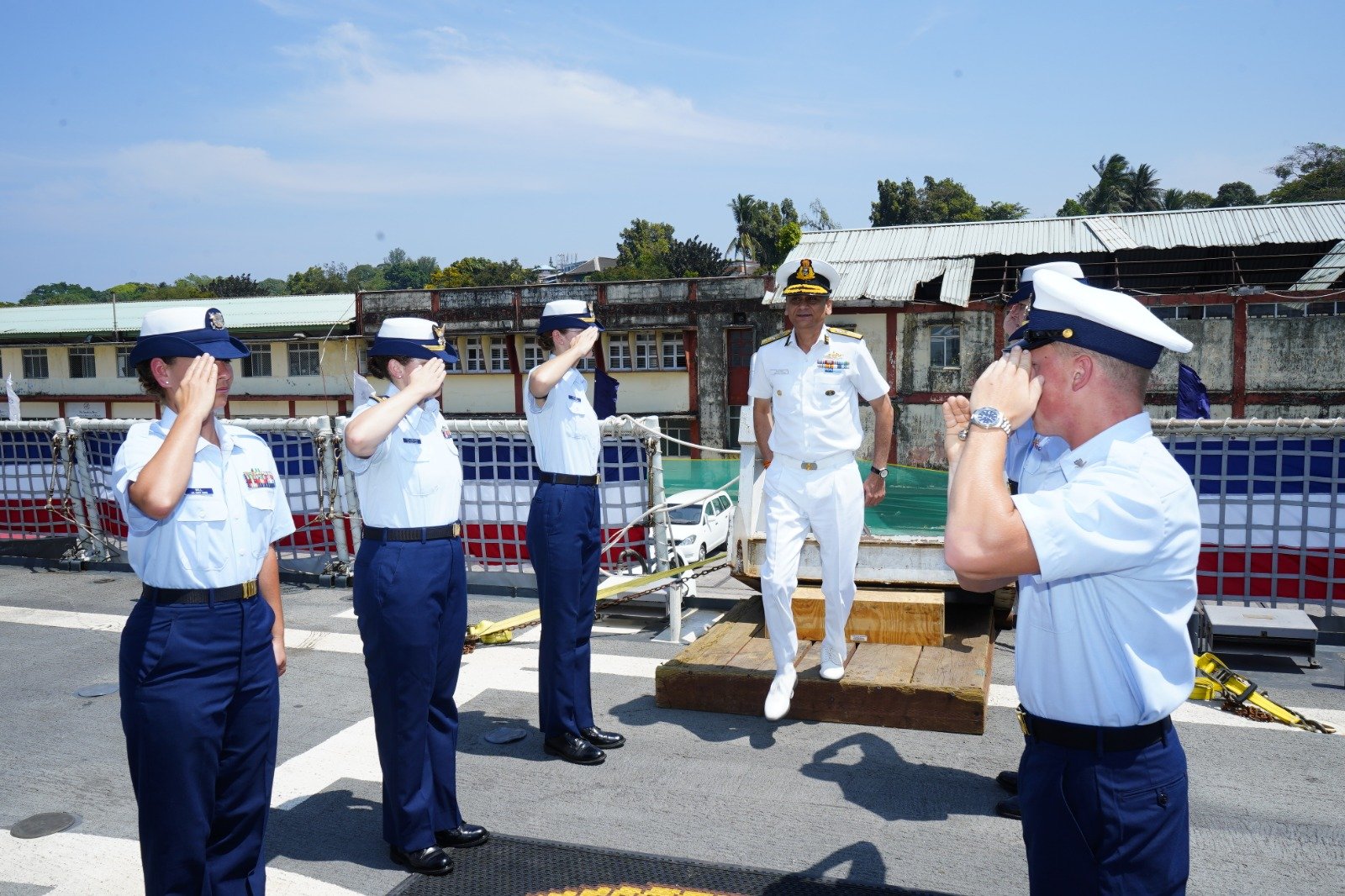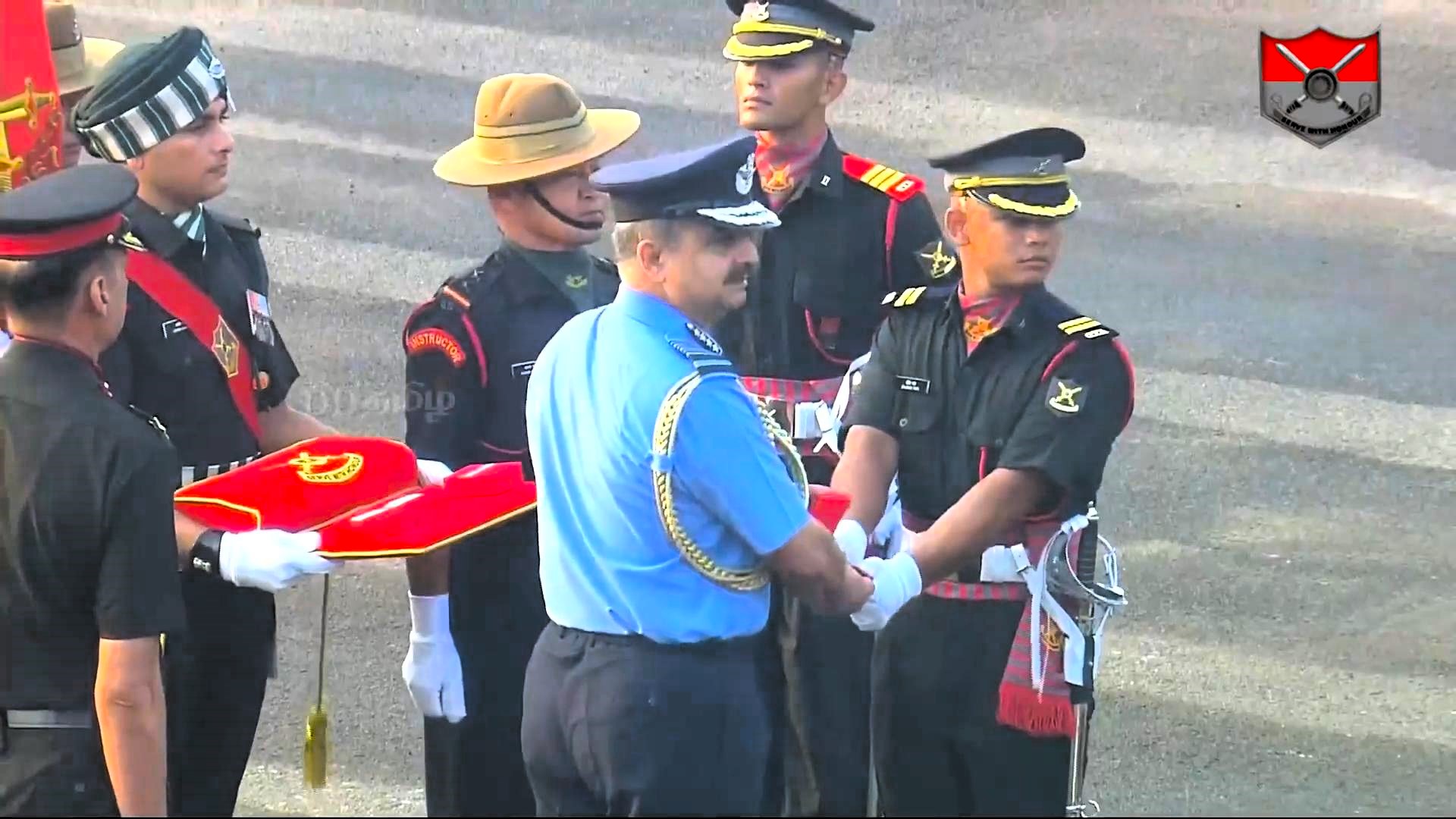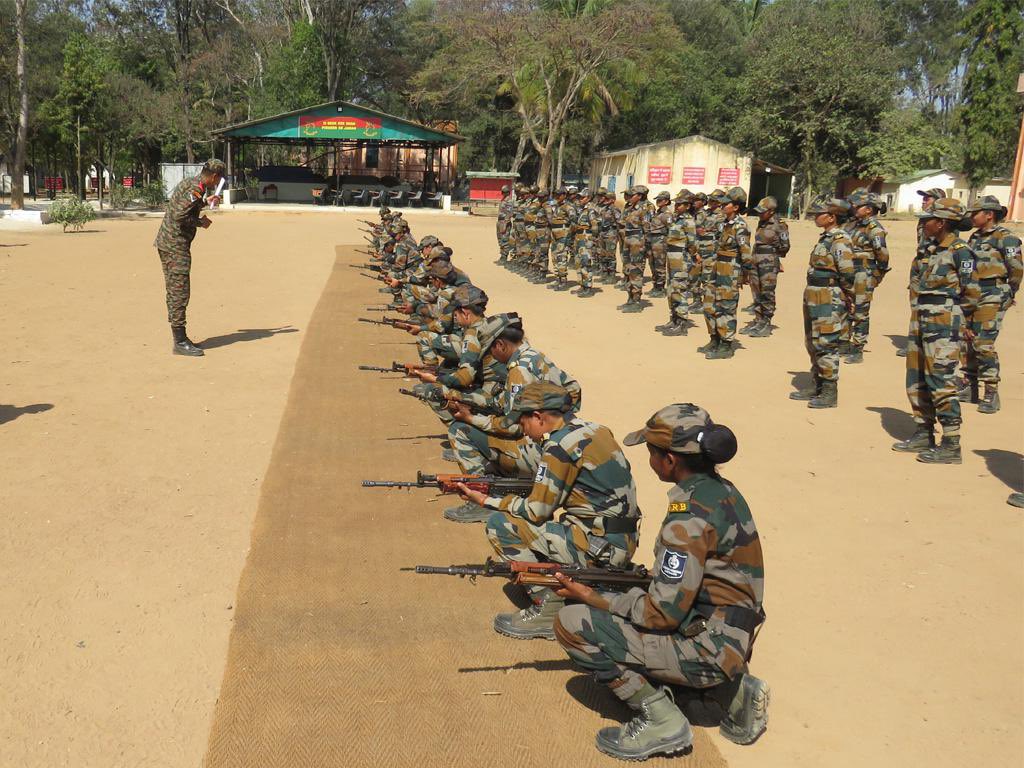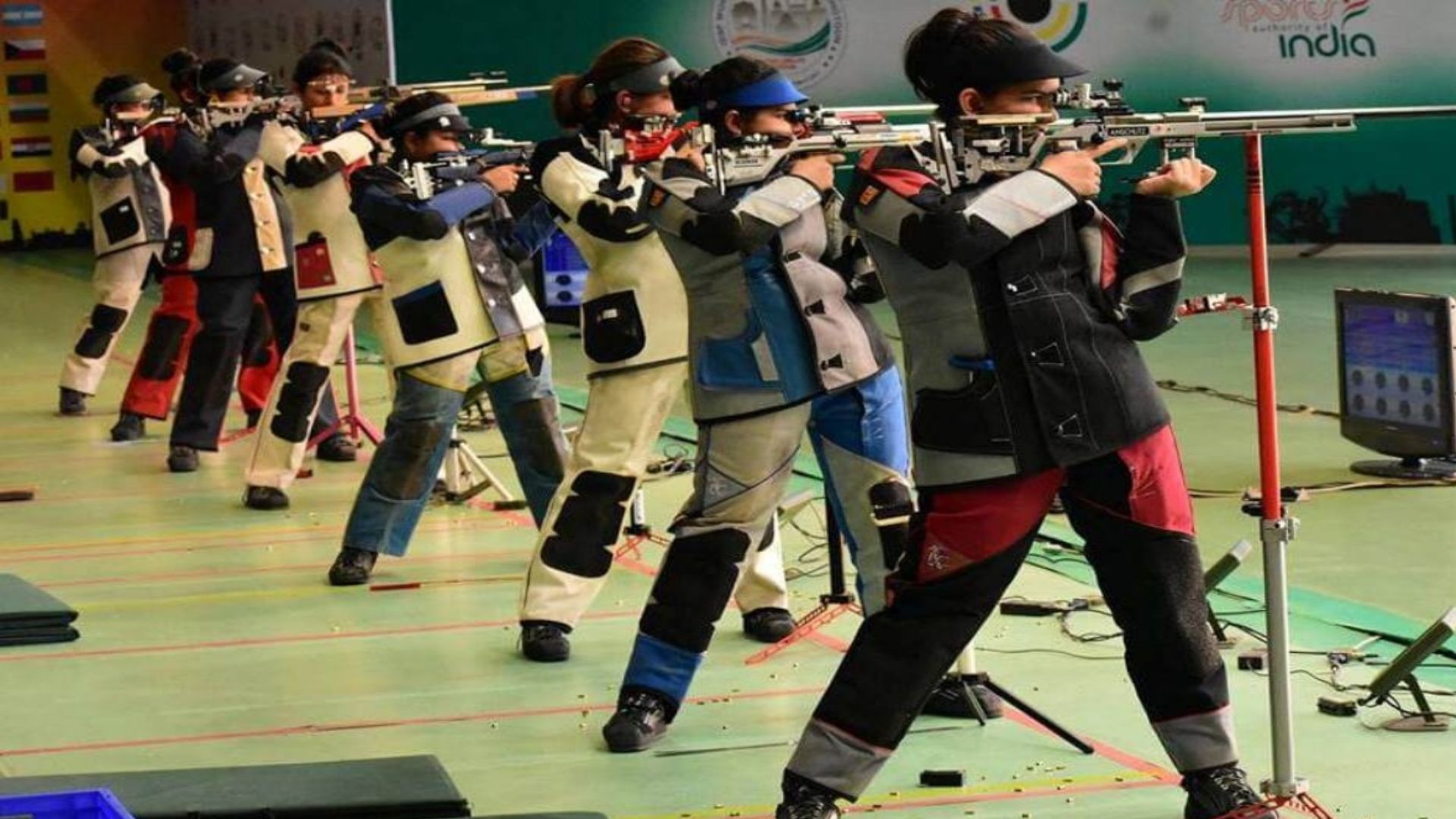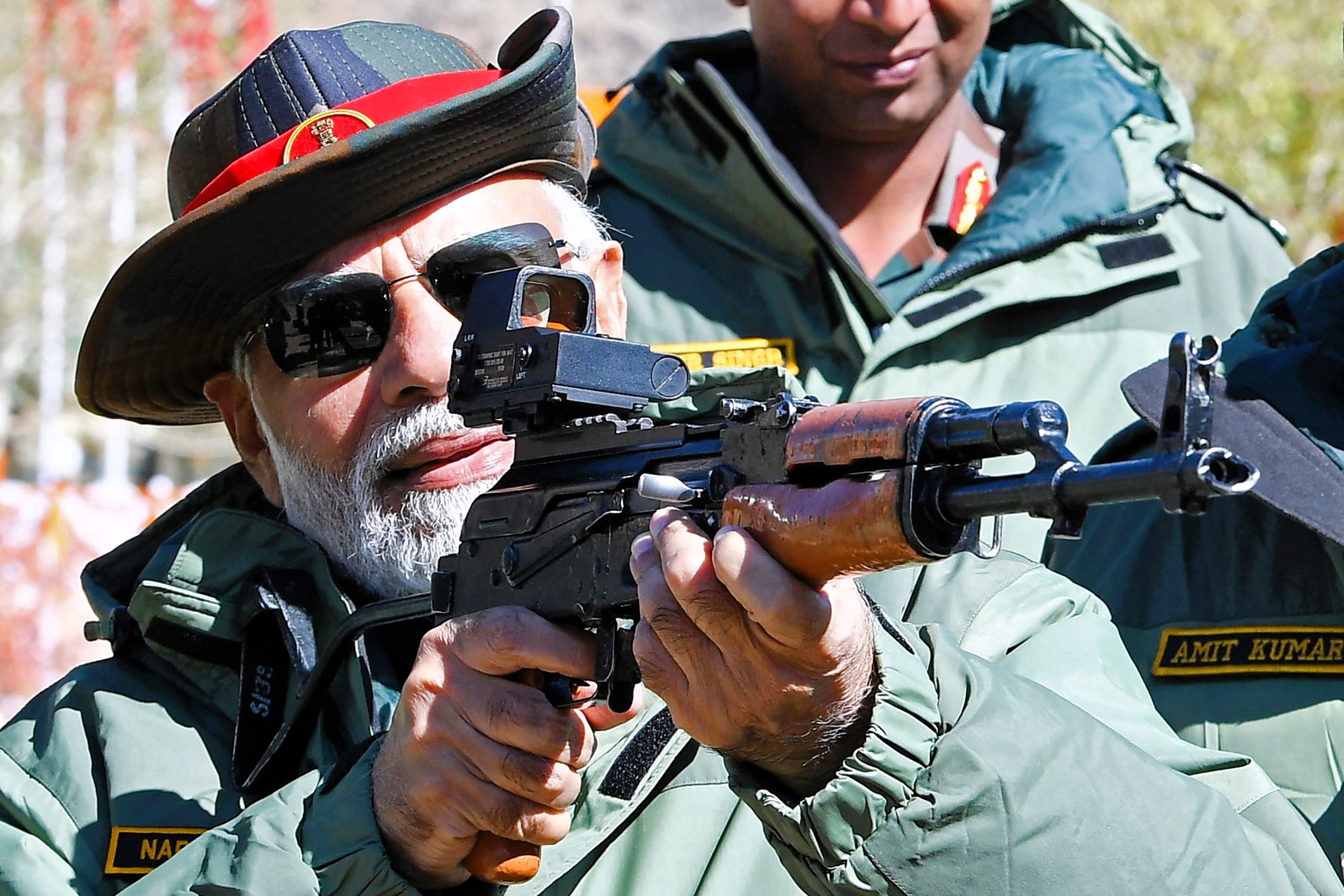Indian Naval Commanders’ Conference 2024 Concludes
The inaugural edition of the Biannual Naval Commanders’ Conference 2024 unfolded from March 5th to March 8th, 2024, serving as…
Indian Coast Guard Commander Engages in Dialogue with USCG Cutter Bertholf
In a significant development aimed at strengthening bilateral cooperation and coordination in maritime security, Indian Coast Guard Inspector General Neeraj…
OTA Chennai Passing Out Parade 9 March 2024
In a significant event at the Officers Training Academy (OTA) in Chennai, a total of 220 cadets, including 184 officer…
Indian Army Trains Lady Constables of Jharkhand Police
On the occasion of International Women's Day, the Indian Army takes a historic step forward in promoting gender equality and…
Indian Army Announces Establishment of Army Girls’ Sports Companies
In a significant stride towards women empowerment and fostering talent in sports, the Indian Army unveiled plans to establish two…
A Comprehensive Guide on Building Defence Startups in India
With India boasting the world's third-largest armed forces and a significant defence budget of approximately USD 34.53 billion, the landscape…

